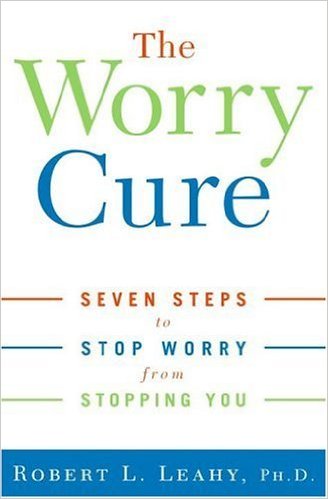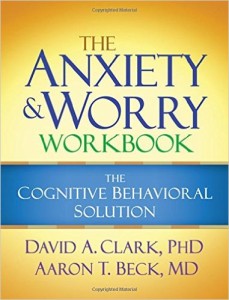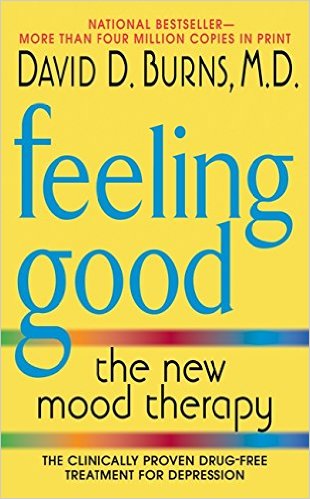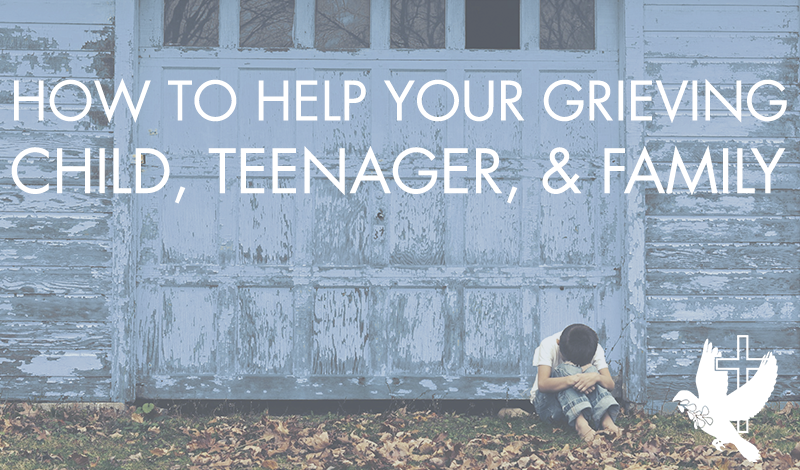
Don’t Worry, Be Happy
Therefore I tell you, do not worry about your life, what you will eat or drink; or about your body, what you will wear. Is not life more than food, and the body more than clothes? Look at the birds of the air; they do not sow or reap or store away in barns, and yet your heavenly Father feeds them. Are you not much more valuable than they? Can any one of you by worrying add a single hour to your life?
And why do you worry about clothes? See how the flowers of the field grow. They do not labor or spin. Yet I tell you that not even Solomon in all his splendor was dressed like one of these. If that is how God clothes the grass of the field, which is here today and tomorrow is thrown into the fire, will He not much more clothe you—you of little faith? So do not worry, saying, ‘What shall we eat?’ or ‘What shall we drink?’ or ‘What shall we wear?’ For the pagans run after all these things, and your heavenly Father knows that you need them. But seek first His kingdom and His righteousness, and all these things will be given to you as well. Therefore do not worry about tomorrow, for tomorrow will worry about itself. Each day has enough trouble of its own.Matthew 6:25-34 (NIV)
When Bobby McFerrin’s cheery tune “Don’t Worry, Be Happy” topped music charts in 1988, it was hailed as a fresh new philosophy for living a positive life. Christians, however, know that Jesus says this many times in the Gospels, extorting us to trust in Him rather than wasting time and energy on senseless worrying.
Worry, by definition, is allowing our minds to focus on problems. Worry is secondarily defined as the action of an animal gnawing on something, in the same way that a dog gnaws on a bone. People tormented by worry often find themselves ruminating over something, like a cow chewing its cud again and again.
Why Do We Worry?
Basically, a worried brain is trying to solve a problem, and it returns to the problem over and over in an attempt to resolve the issue. Most of us don’t like uncertainty. We’d like to know what the future holds. We’re uncomfortable with vulnerability. Often, worry is coupled with other issues, such as perfectionism and a desire for control.

Productive vs. Unproductive Worry
Believe it or not, a certain amount of worry is not always a bad thing. Studies have shown that students who are concerned about their grades score better on exams than students who aren’t. An awareness of what can go wrong on a job can enhance job performance. A little worry can be motivating. Robert L. Leahy, PhD, makes a distinction between productive and unproductive worry in his book, The Worry Cure: Seven Steps to Stop Worry from Stopping You.
Productive worry is active and involves planning and problem solving. It helps us anticipate realistic problems and come up with helpful solutions.

Unproductive worry, however, is passive. It’s not really related to problem solving. It just keeps us stuck in thought patterns that don’t lead to solutions but only to more problems. This is when worry becomes dysfunctional, and needs to be addressed. Unproductive worry is really a failure of the imagination. We play the “what if” game, allowing our minds to focus only on the negative aspects of a situation and ignore the possibility of positive outcomes. Unproductive worry can become a bad habit that develops into a recurring thought pattern.
Fortunately, habits can be changed, and neural pathways can be rerouted. Analyzing the content of our worries can give us helpful insights into what we fear and what we value, which can provide helpful information for getting a handle on worry. The Anxiety and Worry Workbook, by David Clark and Aaron Beck, is one resource to help identify what categories of concern are most worrisome and determine if worry is productive or unproductive.
What are some solutions for unproductive worry?
- To defeat worry that isn’t helping solve problems, we need to learn to challenge our thinking. Romans 12:2 (NIV) urges each of us to “be transformed by the renewing of your mind.” Proverbs 23:7 (KJV) reminds us, “as he thinketh in his heart, so is he.” And 2 Corinthians 10:5 (ESV) directs us to “take every thought captive.”
- Negative, dysfunctional thoughts need to be replaced with positive, productive thoughts. As Christians, we have the rich resource of God’s Word, which we can use to replace negative thoughts with encouraging scriptures. Philippians 4:8 (NIV) says, “Finally, brothers and sisters, whatever is true, whatever is noble, whatever is right, whatever is pure, whatever is lovely, whatever is admirable–if anything is excellent or praiseworthy–think about such things.”
- Cognitive Behavioral Therapy (CBT), developed by Aaron Beck, Albert Ellis, and others, focuses on the connection between thoughts, feelings, and behaviors. Identifying faulty beliefs about events and replacing them with coping thoughts (thought replacement therapy) can transform feelings and behaviors from negative to positive, thereby resulting in significant relief from worry. David Burns’ book, Feeling Good: The New Mood Therapy, is a good resource for learning to challenge and replace dysfunctional thought patterns.
- Acceptance may often be the best place to start conquering worry. When we accept reality, we can stop fighting what we can’t change. A good coping thought might be, “It is what it is.” The well-known Serenity Prayer used in 12-Step programs can help with this: “God grant me the serenity to accept the things I cannot change, the courage to change the things I can, and the wisdom to know the difference.”
- Outward focus and distraction from our own problems can also be helpful. Worriers can become very self-focused, and that’s not God’s calling for us. Psalm 61:2 (KJV) says, “When my heart is overwhelmed: lead me to the Rock that is higher than I.” Filling our mind with thoughts of God and how we can best serve others will direct our thoughts away from our own worries so that we can put our energies to more productive use.
- Move forward, one step at a time. Author Elisabeth Elliot, whose husband, Jim, was killed by natives on a mission trip in Ecuador in 1956, said she coped by reminding herself to “just do the next right thing.” We don’t have to know our entire journey to move forward. We just have to take the next right step, trusting God to direct our steps as we walk with Him, one day at a time, and one step at a time.
- Trust God. Proverbs 3:5-6 (NAS) says, “Trust in the Lord with all your heart, And lean not on your own understanding; In all your ways acknowledge Him, And He will make your paths straight.” Worry keeps us from trusting God. Fear is not of God, as we’re reminded in 2 Timothy 1:7 (NKJV), “For God has not given us a spirit of fear, but of power and of love and of a sound mind.”
In the October 7th entry of the devotional book, Jesus Calling, Sarah Young imagines God saying to us,
Accept each day just as it comes to you, remembering that I am sovereign over your life. Rejoice in this day that I have made, trusting that I am abundantly present in it. Instead of regretting or resenting the way things are, thank me in all circumstances. Trust me and don’t be fearful; thank me and rest in my sovereignty.
Problems are a realistic part of life, but they don’t have to control our thoughts and emotions. As Bobby McFerrin sang, “In every life we have some trouble / But when you worry, you make it double. By learning to manage our worries and release them to God, we allow His power to transform us and lead us in His good plan for our lives.
By Cathy Downen, MA, MA, LPC






